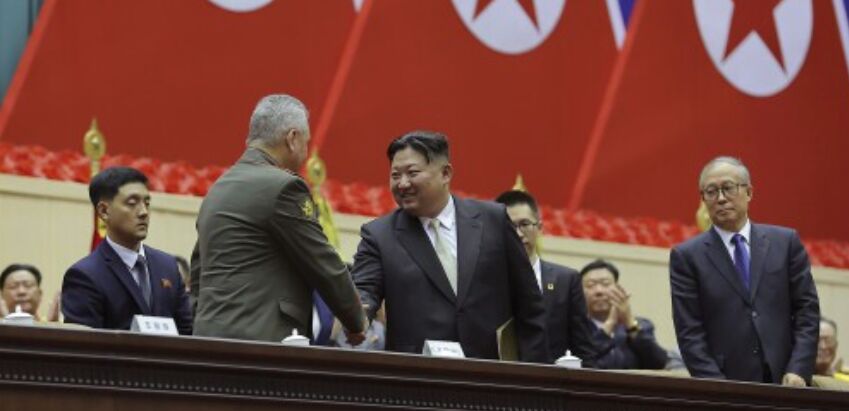Japan Confronts Unprecedented Security Crisis: Defense White Paper Highlights China's Aggression, Russia's Influence, and North Korea's Nuclear Threats
Japan's 2023 defense white paper warns of the country's gravest security threats since WWII, citing China's assertiveness, Russia's military ties, and North Korea's nuclear development as major concerns. The paper highlights China's external stance and joint activities with Russia as a serious challenge. It predicts China will possess 1,500 nuclear warheads by 2035 and increase its military superiority over Taiwan, posing a threat to Japan's southwestern islands. The Japanese government is reinforcing defenses in the region, but concerns about funding and an aging population persist. North Korea's rapid progress in nuclear and missile development is also addressed. The defense paper has faced criticism from China and South Korea, but Japan remains committed to its national security strategies, exploring measures to maintain troop numbers and improve the workplace environment.
Japan is facing its worst security threats since World War II, according to the 2023 defense white paper approved by Prime Minister Fumio Kishida's Cabinet.
The report, which is the first under the country's new National Security Strategy, highlights China's assertiveness, Russia's growing military ties, and North Korea's nuclear and missile development as major concerns. The paper warns that these countries contribute to the most severe and complex security environment since the end of World War II.
China's external stance and military activities are mentioned as a serious concern for Japan and the international community, presenting an unprecedented and the greatest strategic challenge. The report also notes the joint bomber flights and joint navigations of Chinese and Russian warships, which are seen as demonstrations of force against Japan.
The white paper predicts that China will possess 1,500 nuclear warheads by 2035 and increase its military superiority over Taiwan, raising regional tensions and posing a security threat to Japan's southwestern islands, including Okinawa.
The historic battle of Okinawa, where Japan's wartime military sacrificed the local population, has left bitter memories in the region, and many worry about being the first to suffer again in the event of a Taiwan emergency. In response, the Japanese government has been reinforcing the defenses of the remote southwestern islands, installing new missile defense bases on Ishigaki and Yonaguni.
However, there are concerns about the feasibility of Japan's ambitious military expansion and funding, given the country's rapidly aging and shrinking population. North Korea's rapid progress in nuclear and missile development is also highlighted in the report.
The country has test-fired around 100 missiles since the start of 2022, including ICBMs, and is believed to have the ability to conduct nuclear attacks on Japan and the continental United States. The defense paper has drawn criticism from China, with a spokesperson from the Chinese Foreign Ministry accusing Japan of interfering in China's internal affairs and playing up the so-called Chinese threat.
South Korea also expressed discontent with Japan's claim to a South Korean-controlled contested island mentioned in the report, calling it unjust. Despite these criticisms, the Japanese government remains committed to its national security and defense strategies.
A government-commissioned panel has suggested measures to maintain troop numbers, including scholarships, extending the retirement age, hiring retirees, improving the workplace environment, and tackling harassment.




